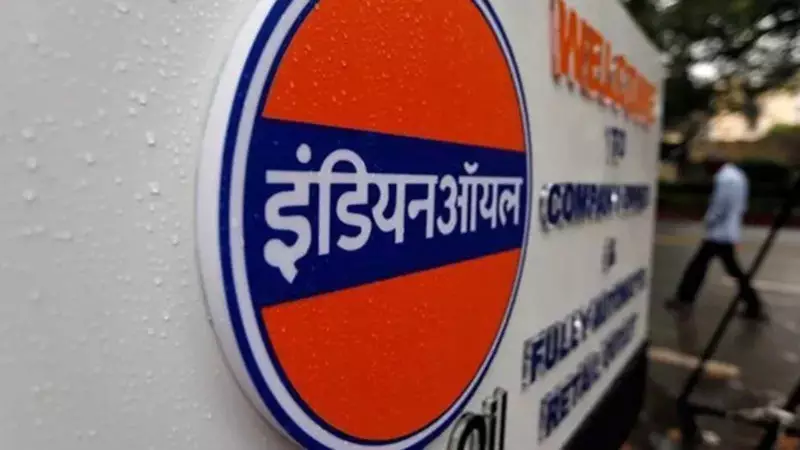
In a bold strategic move that's reshaping global energy dynamics, India continues to purchase Russian crude oil despite escalating US sanctions, securing substantial discounts that are benefiting both the Indian economy and consumers.
The Discount Advantage
Indian refiners, including the state-owned Indian Oil Corporation, have been capitalizing on discounted Russian crude, with prices reportedly $15-20 per barrel below international benchmarks. This significant price advantage has made Russian oil increasingly attractive despite the complex web of international sanctions.
Navigating the Sanctions Maze
The United States recently imposed fresh sanctions targeting ships and companies involved in transporting Russian oil above the G7 price cap of $60 per barrel. However, Indian refiners have demonstrated remarkable agility in navigating these restrictions, employing various strategies to maintain their Russian oil imports while technically complying with international regulations.
Strategic Importance for India
This approach serves multiple strategic objectives for India:
- Energy Security: Diversifying oil sources reduces dependency on traditional Middle Eastern suppliers
- Economic Benefits: Discounted crude helps control inflation and reduces the import bill
- Strategic Autonomy: Demonstrates India's independent foreign policy stance
- Consumer Advantage: Lower input costs potentially translate to stable fuel prices
Global Energy Market Impact
India's continued purchases from Russia are creating significant ripples across global energy markets. As the world's third-largest oil importer, India's buying patterns influence global pricing and trade flows. The discounted Russian crude has allowed Indian refiners to increase processing rates and boost product exports to international markets.
Diplomatic Balancing Act
While maintaining energy ties with Russia, India has simultaneously strengthened its strategic partnership with the United States. This delicate balancing act reflects India's nuanced approach to international relations, where economic necessities are carefully weighed against diplomatic considerations.
Market Adaptation and Payment Mechanisms
Indian companies have developed innovative payment mechanisms and shipping arrangements to circumvent banking restrictions and maintain the flow of Russian crude. The use of non-Western insurance providers and alternative currency arrangements has been crucial in sustaining this trade relationship.
The ongoing situation represents a fascinating case study in how emerging economies are navigating the complex landscape of global sanctions while prioritizing national economic interests. As geopolitical tensions continue to evolve, India's approach to Russian oil imports remains a critical factor in both regional and global energy security calculations.






